Short Story Finalist: The People’s Choice
A nervous titter ran round the bar. It seemed tactless to laugh at the scurrilous satire show when one of the cavorting latex puppets on the television screen was there in the flesh, staring straight ahead without the glimmer of a smile.
The socialist candidate for the French presidential election, for it was he, had been parading his rural roots by visiting his own part of France. All day, he had shaken hands and greeted old acquaintances; he had got his feet muddy in a cattle market. Now, for the benefit of the press, he was enjoying a glass of red in Henri Dutueil’s cafe.
It was a bad time to be a politician. Austerity was painful. Unemployment was rampant and standards of living had collapsed. A mid-term election following the previous president’s tragic death in a plane crash had stirred up a ferment of grumbling, unrest, and cynical mutterings about snouts in the trough.
The candidate standing at the bar had been plucked from backbench obscurity for his reputation for honesty and fair dealings with friend and foe alike. A worthy man, leading a blameless personal life, who doubtless did not deserve to be lampooned on television as a grey ectoplasm.
Henri Dutueil broke the uncomfortable silence. “Eh bien, son, I prefer you in the flesh. That’s not you at all.”
The candidate managed a bleak smile. Nor did he wince when Monsieur Dutueil called him son. This was his mother’s home town and he had run errands to the cafe as a lad.
Further along the bar, his minder cursed inwardly. Go on! Laugh at yourself and pick up another few votes! The minder longed for a rogue with panache, someone who would make the front pages.
Dutueil bade the candidate farewell. “You know me, I’ve always voted for the other side, but I wish you luck all the same.” Leaning across the bar, he kissed the candidate on both cheeks and the flashbulbs popped.
“At least you’re a new face,” he continued in a confidential whisper. “Who have I got to choose from? A bunch of decrepit has-beens who’ve spent all our money with nothing to show for it. I could do the job better than them.”
The minder had sharp ears and an encyclopaedic memory, traits that served him well. A few days later, he was given the opportunity to put that chance remark to use.
An emergency meeting of the socialist party had been convened at the highest level. The chairman was blunt: “Gentlemen, we’re trailing in the polls. In some areas, the greens are poised to overtake us. Suggestions, please.”
The hours ticked away. Despite the elegant turns of phrase honed and hoarded since student days, no solution emerged. As the meeting drifted to a close, talk turned to strategies for splitting the right-wing vote. Not that the parties of the right needed any help in cutting each other’s throats at election time, but that was no reason for complacency.
“Gentlemen, I have the very man to split the vote.” All faces turned to the minder. “He’s your typical middle-of-the-road Frenchman, salt of the earth and all that.”
“Who?” asked a sceptical voice. “There is no-one else.”
“Aha, that’s the beauty of it. He’s not a professional politician. Not yet.”
Henri Dutueil was surprised to receive a visit from his local senator, accompanied by a businessman well-known for his left-wing views.
“Dutueil, your country needs you.”
“Me, gentlemen?”
“The voters have had enough of professional politicians,” the senator answered. “France needs new blood. We need to forget the old battle lines and the traditional divide between left and right. We need a man to bridge the divide. We need someone to speak for the common man, someone to speak for la France.”
Henri was bemused, and not a little flattered. He was wont to hold forth behind his bar on the issues of the day. Clearly, he had reached a wider audience than he thought. Over a glass of red he agreed to stand as the candidate of the newly formed Party of Reconciliation.
“It will be a symbolic gesture,” his new friends assured him. “We don’t expect you to win. We need to wake the politicians up and get them to listen to us, the people – and that’s where you come in.”
Dutueil was honoured, although even he was surprised how quickly his new friends gathered 500 signatures from local persons of standing, the formality that launched any candidate’s election campaign. He never discovered that all the signatures pledging support for the Party of Reconciliation came from well-disciplined socialists.
Dutueil proved to be photogenic. There was nothing to be done with his wife, dumpy Madame Elise, but the photographer caught a marvellous shot of Dutueil’s baby granddaughter reaching for his spectacles. Reproduced on hoardings across France, the image carried a simple slogan: A President for All.
He was a natural on television too, at ease in front of the camera, subduing uppity interviewers with tricks of the trade acquired during his years behind the bar. An impromptu tirade against red tape and excessive taxation struck a chord with many.
By polling day, voters faced a bewildering choice. Henri Dutueil’s face on the hoardings was only one of many. The middle-aged communist looked as grim as his party’s dwindling hopes; the greens had squabbled among themselves and produced not two candidates but three. The parties of the right had also failed to unite behind a single candidate, although the old warhorses looked jaded in comparison with the impassioned, articulate 28-year old who was the new face of the national front. At the very last minute, a woman lawyer had entered the fray on a parity for women ticket, demanding no less than equal representation for women in all political assemblies.
The pundits who dissected the campaign on television found it impossible to predict the result. The socialists faced a backlash for promising equality and delivering austerity. The right-wing candidates trod a tightrope between denouncing the national front and adopting its policies.
The pundits and commentators, scoring points off each other, forgot about the voters. In return the voters ignored the pundits.
The young especially turned their back on conventional politics:
“Who are you voting for then?”
“Bof! They’re all the same.”
“Too right. Dunno why I bothered to ask. Are you coming to the disco on Saturday?”
Jacques Tavernier, unemployed panelbeater, had torn up his party card when the government cut his unemployment benefit. Still, voting was a civic duty and naturally he couldn’t vote for the other side. Maybe he’d vote for Dutueil, he sounded like a decent, ordinary bloke.
Francine Ledur, maths teacher approaching retirement, knew she was losing her touch. It was a struggle to teach 40 children in a classroom built for 30. She was not going to vote for any party, ever again. Whatever their promises, they all neglected education. She would vote for Dutueil. One of his sons was a teacher, and that meant he would know all about her problems.
Robert Daubier, hospital porter, was sick and tired getting stuck in a traffic jam every night. It had taken him over an hour to get home that day. Despite years of planning, the government still hadn’t built the by-pass. The damn greens had held everything up and politicians pandered to them. Now the government said it had run out of money. None of them deserved his vote, so why not vote for Dutueil?
Marie-Rose Sabourin, housewife and mother, having promised her husband that she would vote as they had agreed, took her baby daughter with her to the polling station. As she lifted her out of the buggy, the child’s trusting face recalled Dutueil’s election poster. On a whim, she changed her mind and voted Dutueil.
When the votes for the first round were been counted, Dutueil had scored an incredible 34%, leading the scattered field. The mainstream candidates had all fared badly.
The founders of the Party of Reconciliation called on him again, before the second round of voting.
“I’m sorry, gentlemen, I don’t understand. You want me to stand down in favour of the socialist candidate. You’re not making sense.”
“You see, in the national interest…”
“It would give the voters more choice,” the senator cut in smoothly. “Having made our point and given the established parties a good hiding, we feel it is time to allow voters to return to the traditional patterns of voting. After all, you never seriously expected to become president, did you?”
By now Henri Dutueil was convinced he could fly. “Three months ago, you told me we needed to bring the people of France together and heal the wounds of the past. I have done that, I am the man the people trust.”
He glared at his visitors. “Gentlemen, I refuse.”
Henri Dutueil was duly elected President of the French Republic. His first act was to appoint a government of national reconciliation, headed by the former prime minister. This move pleased nobody. Convinced he had been done out of the presidency, the prime minister vowed to thwart the new president at every turn.
The minder who had originally spotted Dutueil was sacked. He married his American girlfriend, secured a green card for the States, and used his position as the guy who worked for the French president to obtain a job in public relations.
“It’s no use. I can’t get comfortable in this bed.” Henri shifted awkwardly against the pillow. “If we’re going to live here for the next seven years, we’ll have to bring our old bed from home.”
“I’ll make you some camomile tea. That’ll make you feel better.” Elise was out of bed as she spoke.
“Hey, you don’t need to run around in the middle of the night now. We’ve got our own personal butler, remember. This is the presidential palace.”
“The servants won’t make it the way you like it.” Elise yielded to no-one in her concern for his welfare and Henri knew when to give in.
Sipping his camomile tea, he confided in Elise. “I wouldn’t say this to anyone else, but this president business is not as easy as it looks. It gets me down at times.”
He had indeed had a hard day. The meeting had not gone smoothly.
“Now then, gentlemen, I’ve had a look at all the papers you prepared for me – well, some of them – but what I want to do first is to overhaul the legislation on cafes. That’s something I do know about, so I don’t want to hear a lot of technical arguments from you.”
Assorted ministers, junior ministers, advisers, and notetakers listened in horror as Dutueil outlined plans to abolish VAT on alcoholic drinks served in bars and restaurants, to reduce employers’ national insurance contributions for cafe and restaurant owners, and to provide subsidies to keep bars in rural areas open.
“Monsieur le Président, we’ll lose millions in tax revenue. It just can’t be done.”
“What about drink driving?”
“Europe won’t allow it.”
Dutueil stood firm. “We cafe owners provide a public service. Youngsters are always complaining there’s nothing to do and nowhere to go, then us oldies complain about kids hanging round in the street. Bring them indoors, I say, where we can keep an eye on them. Let them play table football instead of getting into mischief, eh?”
When he threatened to take the issue to the country on a referendum, the assorted ministers, junior ministers, advisers and notetakers blenched. Constitutionally, that was within his powers.
He got his way. In return, they talked him out of introducing two years’ compulsory labour on the farms in place of national service.
Under the umbrella of national reconciliation, former enemies met in secret, with a single item on the agenda: topple Dutueil. Private detectives hired to investigate his past found nothing. True, there had been that business with the redhead at the licensed victuallers’ convention of 1968, in the summer of free love. However, at the time Henri had been neither married nor spoken for and when someone unearthed a photograph of the redhead in her prime, it was felt that its publication would enhance his standing with the voters.
Curbing presidential power was an impossible task, given the constitution of France’s Fifth Republic. The constitution had been adopted at a time of civil strife, when strong leadership promised national salvation. It offered few options to Dutueil’s despairing ministers.
The solution was self-evident, as are all good solutions.
The bells of Notre Dame pealed and the waiting crowd roared as King Henri emerged from the cathedral with dumpy Queen Elise on his arm. Families opened champagne in front of the television. In the 16th century Henri IV had promised to put a chicken in every family’s pot on Sundays. In the 21st century, Henri V would be remembered as the king who cut the price of an aperitif.
History records that it was over 150 years since the secular, republican French people last had a king, although they had flirted with an emperor. This time the king would be a modern monarch, a figurehead shorn of power.
The politicians made sure of that.
END
Editor’s Notes: Madeleine McDonald left school with a shorthand typing certificate in her pocket and the intention of working her way round the world. Life had other plans and she got no further than the Dreyeckland, the three-cornered land where Alsace meets Switzerland and Germany. As a result, history and tangled loyalties influence her fiction. Now back in England, she writes newspaper columns on family life. This story is a finalist in the News Junkie Post short-story competition. The competition is still open; submit your entry.
Related Articles

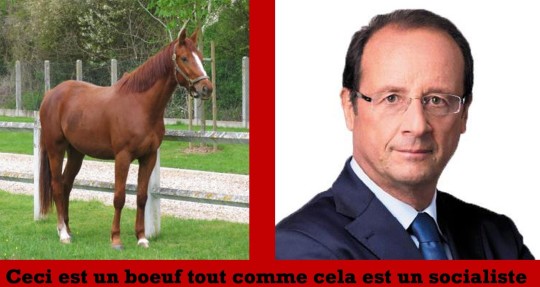
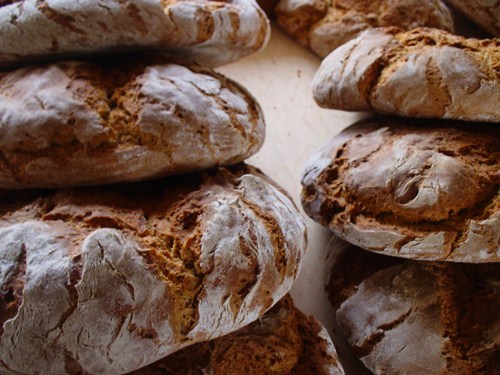
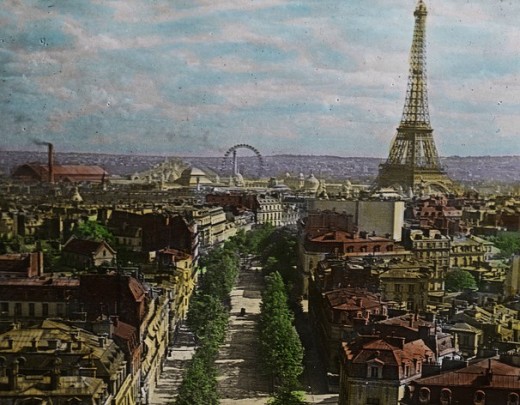
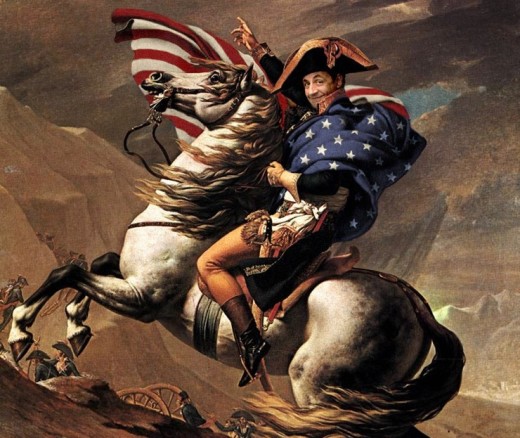

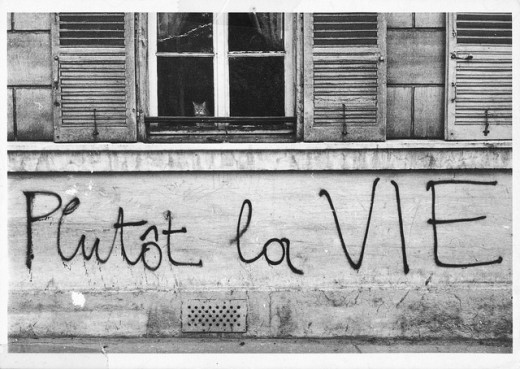
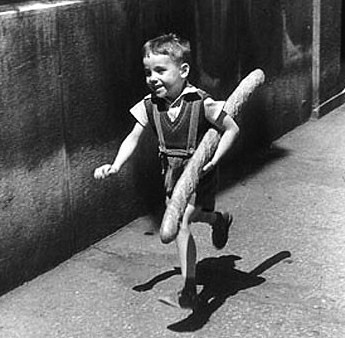
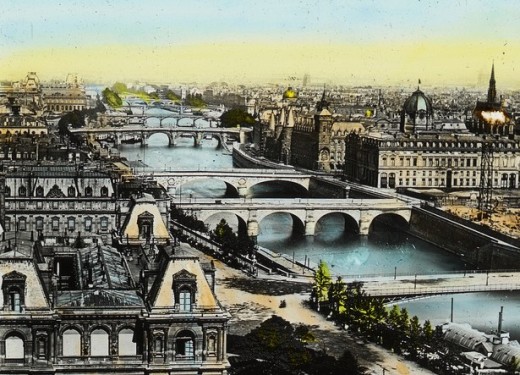
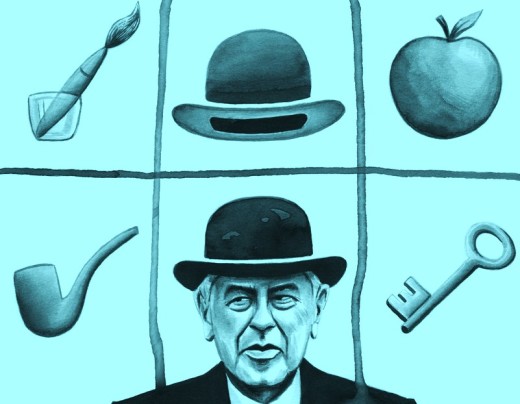

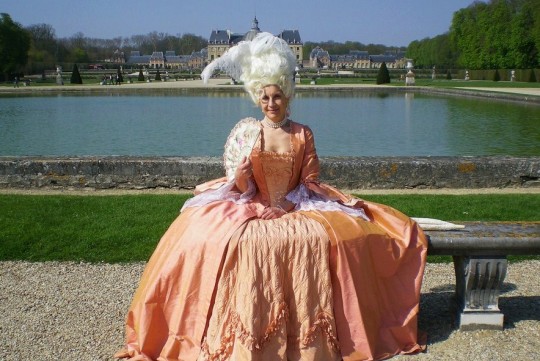











4 Responses to Short Story Finalist: The People’s Choice
You must be logged in to post a comment Login